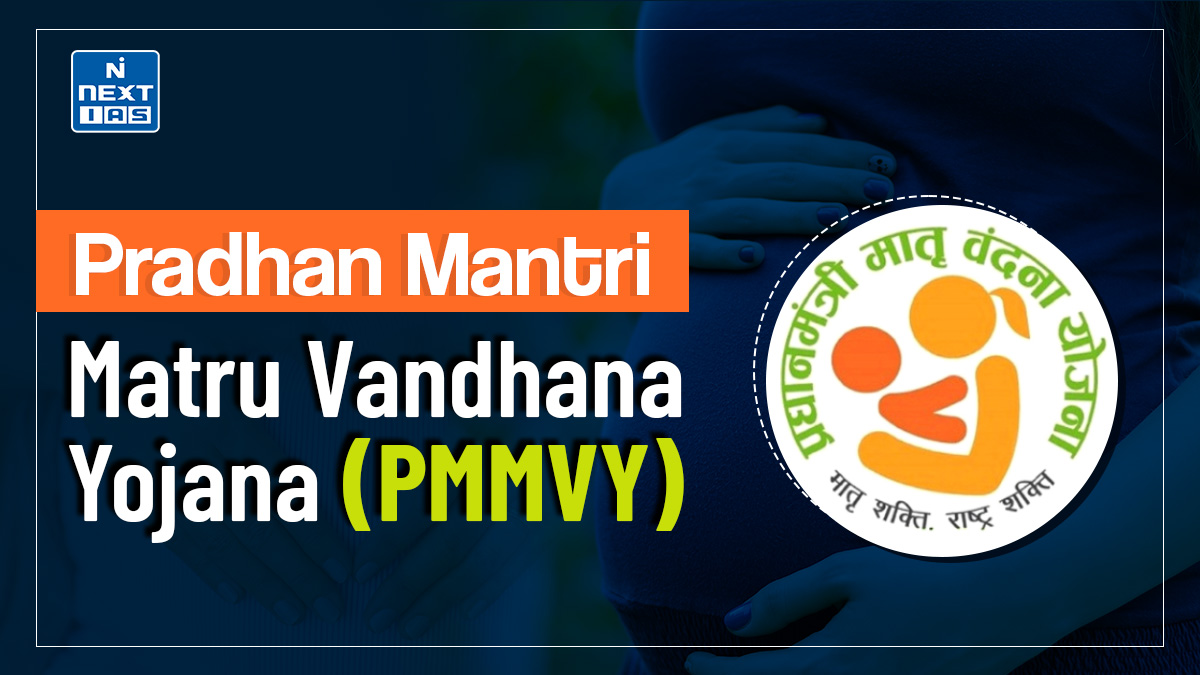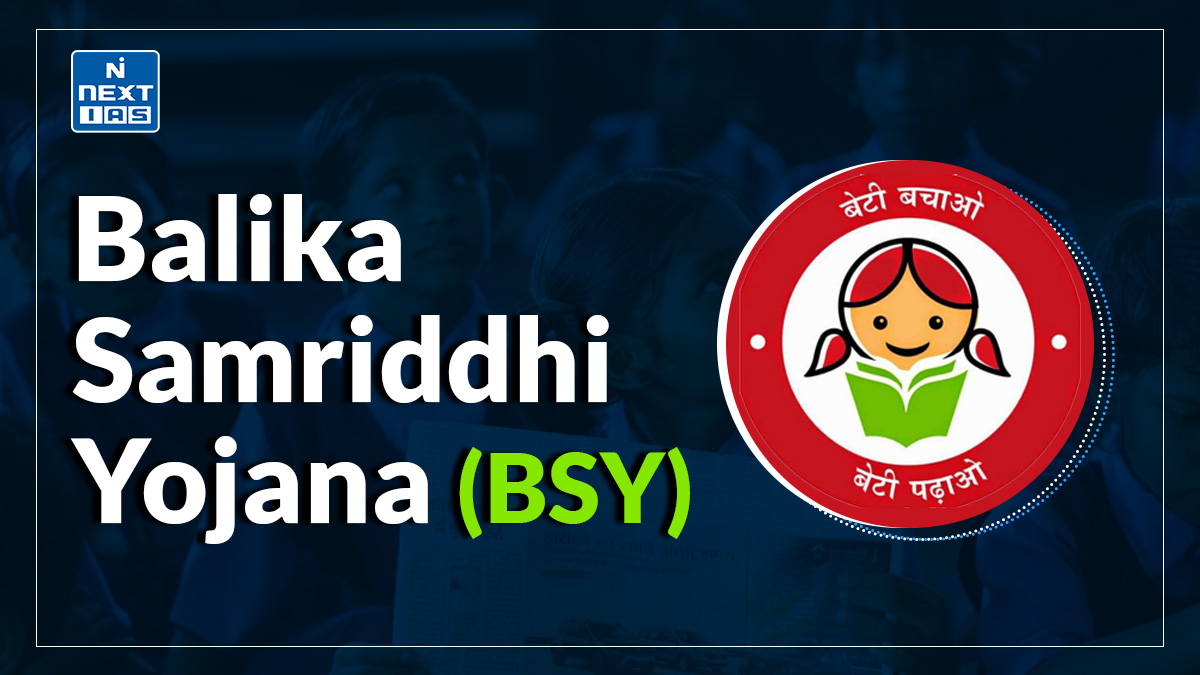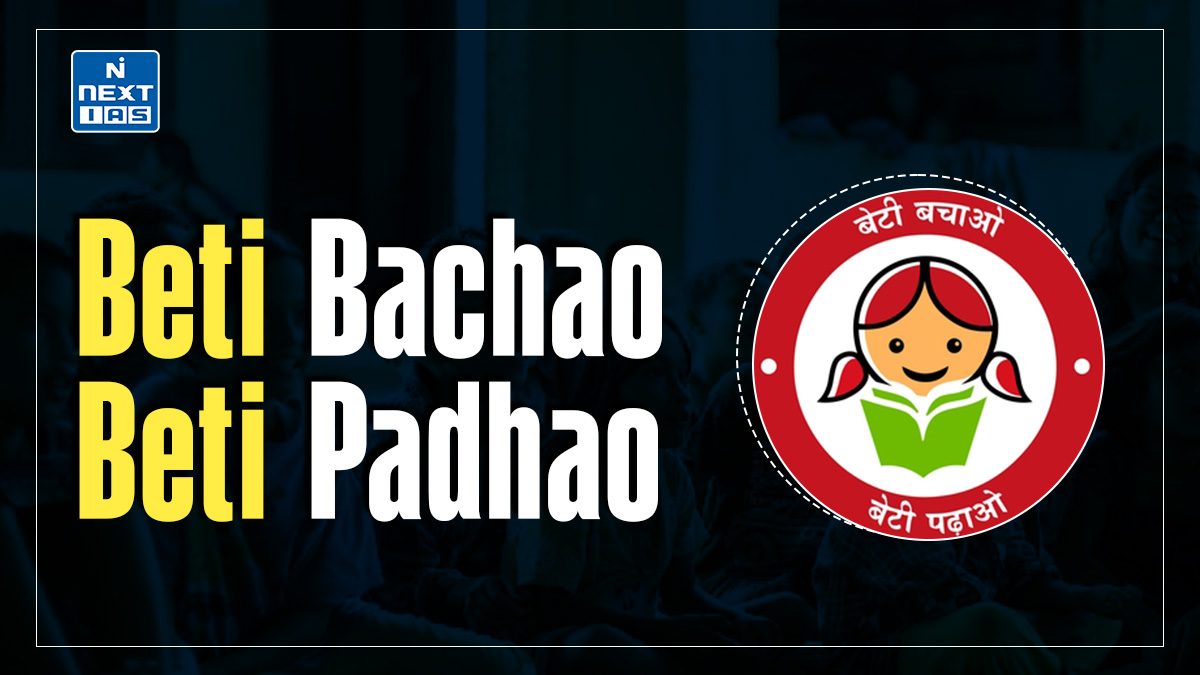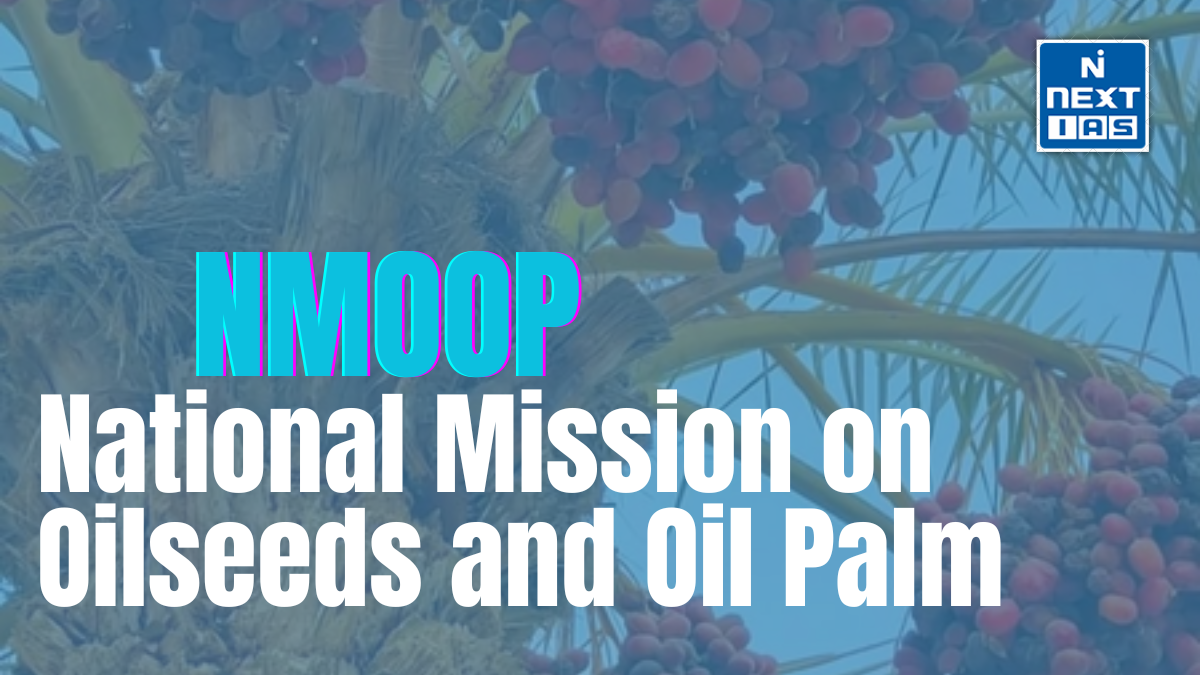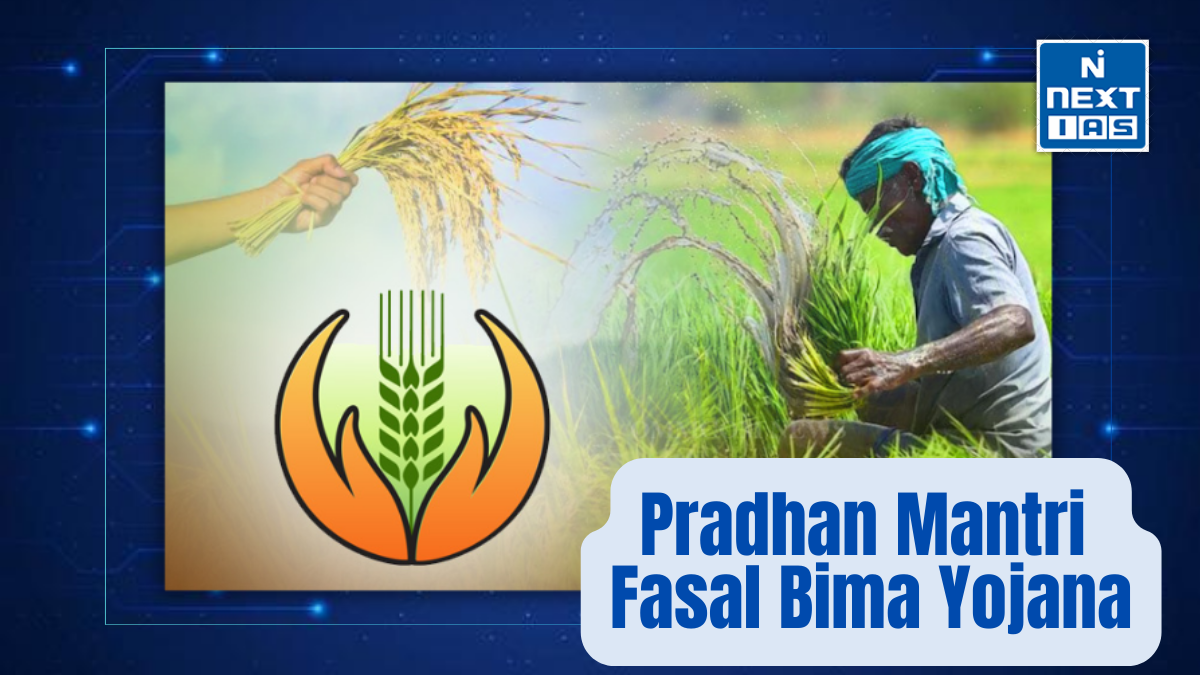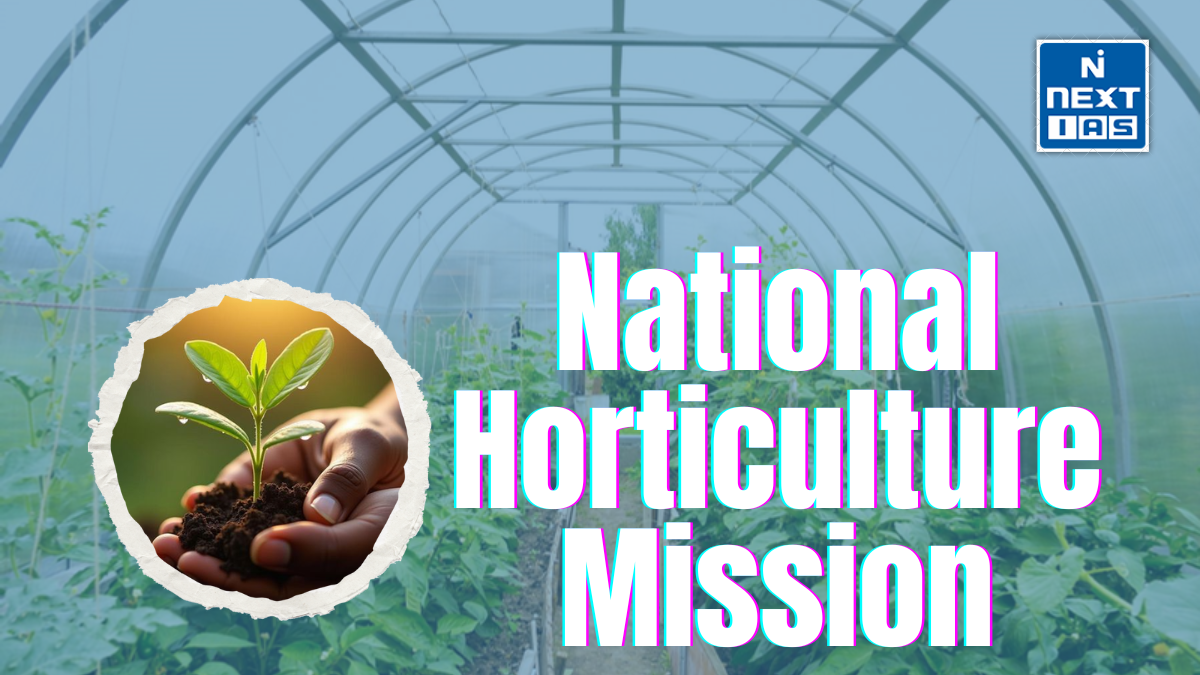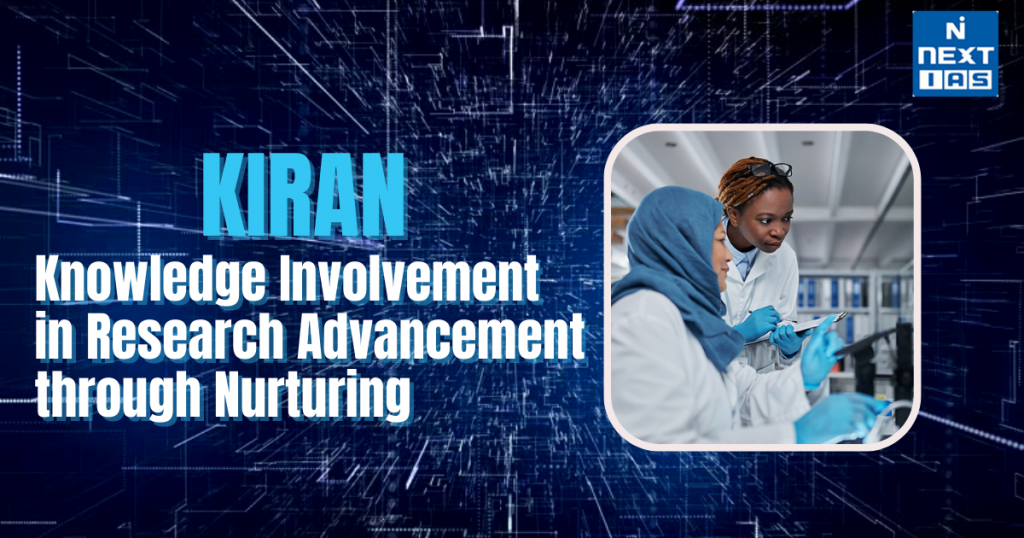
In the year 2014, Department of Science & Technology (DST) reframed all the women specific programmes under one major scheme known as “KIRAN” (Knowledge Involvement in Research Advancement through Nurturing). KIRAN is addressing various issues/challenges related to gender parity in S&T sector. This includes enhancing opportunities in research/technology development/technology demonstration/self-employment etc; and providing support to Women Universities for state-of-the art facilities in Science & Technology (Budget Allocation: Rs 75 Crore per annum).
About the KIRAN (Knowledge Involvement in Research Advancement through Nurturing)
- The Department of Science and Technology (DST) is implementing ‘Knowledge Involvement in Research Advancement through Nurturing (KIRAN)’ Scheme to provide various career opportunities to women scientists and technologists.
- It is primarily aimed to bring gender parity in the Science & Technology sector by inducting more women talent in the research & development domain through various programmes. Women Scientists Scheme (WOS) of the Department under the KIRAN scheme, including other schemes, empowers women in science and technology. Many of the women who have completed the scheme have initiated into successful careers in science, technology, and in patents.
- The ‘Women Scientist Scheme’ provides career opportunities to unemployed women scientists and technologists, especially those who had break in career, for pursuing research in frontier areas of Science and Engineering. There are three major components of the Women Scientist Scheme, namely, WOS-A, WOS-B, WOS-C.
- The WOS-A scheme provides a platform to women scientists and technologists for pursuing research in basic or applied sciences and offers the opportunity to work as bench-level scientists. This scheme plays a pivotal role in gender mainstreaming as it not only prevents brain drain from the S&T system but also trains and retain women in the system.
- The support available in five disciplines under WOS-A are namely, Physical & Mathematical Sciences (PMS), Chemical Sciences (CS), Life Sciences (LS), Earth & Atmospheric Sciences (EAS), and Engineering Technology (ET).
- The WOS-B scheme focuses on projects related to Science & Technology (S&T) interventions for societal benefit. This scheme provides an opportunity for women scientists to address a well-identified societal challenge and deliver possible solutions by way of development of viable technology/technique and/or lab-to-land technology transfer, its adaptation and scaling up.
- The projects under WOS-B cover three major sectors viz. Agriculture and Allied Sciences (AAS), Health Food and Nutrition (HFN), and Engineering and Technology Development (ETD).
- The WOS-C scheme aims to train women having qualifications in science/engineering/medicine or allied areas in the field of Intellectual Property Rights (IPRs) and their management for a period of one year in order to develop a pool of women scientists geared to creating, protecting and managing intellectual property in India.
Features of KIRAN (Knowledge Involvement in Research Advancement through Nurturing)
- WOS (Women Scientist Scheme) – Provides research opportunities for women who had career breaks due to family responsibilities.
- WOS-A: Grants for research in basic and applied sciences.
- WOS-B: Support for projects addressing societal challenges through science and technology.
- WOS-C: Training in Intellectual Property Rights (IPR) and patent management for career enhancement.
- Career Break Support – Encourages women to return to research careers after breaks due to family responsibilities.
- Entrepreneurship and Innovation Support – Helps women scientists in technology development and business startups.
- Fellowships and Skill Development – Provides fellowships, skill-building programs, and training in emerging technologies.
- Networking and Mentorship – Connects women scientists with mentors, research institutions, and industry experts for guidance.
- Financial Assistance – Offers grants, scholarships, and fellowships for research projects in various STEM fields.
Achievements under KIRAN
- More than 2100 Women Scientists have been brought back in to main stream science through Women Scientists Scheme now running their WOS projects in various Universities/National Labs etc.
- Indo-US Fellowship for Women in STEMM (WISTEMM) is started in 2017-18 and 20 women visited US scientific labs/universities for 3-6 months in first year.
- Eight (8) Women Universities have been supported to improve research capacity under Consolidation of University research for Innovation and Excellence in Women Universities (CURIE).
- Around 100 projects have been supported in last 5 years under ‘Science & Technology for Women’ to improve the living conditions of women by reducing their drudgery, improving health and environment and by providing opportunities for income generation.
- 20 Women Technology Parks have been established which act as windows for providing information, creating awareness, giving training for appropriate technologies leading to skill up gradation.
- Around 950 women scientists & technologists working in Government Sector (academics, research, ministry) have been benefitted in 44 training programmes in last 5 years through National Training Programme.
- 15 pilot projects of Vigyan Jyoti have been supported in 2018 at IITs, IISER and Universities. Vigyan Jyoti is aimed to motivate girls to pursue career in Science & Engineering especially in underrepresented areas. This will be handholding programme for meritorious girls right from school till career in Science & Technology domain.
- DST is conducting ‘Women Conclave’ to celebrate International Women’s Day on 8th March 2019 at Jawaharlal Nehru University, New Delhi.
Significance of KIRAN (Knowledge Involvement in Research Advancement through Nurturing)
- Empowering Women in Science – KIRAN encourages and supports women scientists and researchers, particularly those who have taken career breaks, helping them re-enter scientific professions.
- Financial and Research Support – Through Women Scientist Schemes (WOS-A, WOS-B, and WOS-C), KIRAN provides funding and fellowships for research in basic science, applied science, and intellectual property management.
- Bridging the Gender Gap – The program plays a crucial role in reducing gender disparity in STEM fields by providing equal opportunities and nurturing women’s contributions to scientific research.
- Encouraging Entrepreneurship and Innovation – KIRAN promotes women-led startups and innovations, fostering their participation in technology development and entrepreneurship.
- Skill Development and Capacity Building – Training programs under KIRAN help women enhance their technical and research skills, making them competitive in academia, industry, and policymaking.
- Contributing to National Development – By increasing women’s participation in R&D, innovation, and scientific policymaking, KIRAN strengthens India’s research ecosystem and aligns with national initiatives like Atmanirbhar Bharat and Make in India.
Lacunae of KIRAN (Knowledge Involvement in Research Advancement through Nurturing)
- Limited Awareness and Outreach – Many eligible women, especially in rural areas, are unaware of KIRAN’s opportunities due to inadequate outreach and promotion.
- Insufficient Funding and Grants – The program provides fellowships, but the funding is limited and not competitive with international opportunities, discouraging long-term engagement.
- Industry-Academia Gap – KIRAN primarily focuses on academic research, with less emphasis on industry collaboration, reducing employment opportunities for women in STEM beyond academia.
- Career Re-entry Barriers – While KIRAN offers the Women Scientist Scheme (WOS) to help women return after career breaks, limited positions and bureaucratic delays make it challenging to secure funding.
- Lack of Institutional Support – Work-life balance remains a challenge, as many research institutions lack gender-sensitive policies, such as flexible work hours and childcare support.
- Slow Implementation and Monitoring – The execution of programs under KIRAN faces delays and inefficiencies, affecting its overall effectiveness.
Key Pointers on KIRAN (Knowledge Involvement in Research Advancement through Nurturing) for UPSC CSE Prelims
Overview
- Launched by: Department of Science and Technology (DST), Government of India
- Objective: To promote women in science, technology, engineering, and mathematics (STEM) by providing opportunities and support for research and career advancement
- Target Beneficiaries: Women scientists, researchers, and professionals facing career breaks due to personal reasons
Key Components
- Women Scientist Scheme (WOS)
- WOS-A: Supports basic and applied science research
- WOS-B: Focuses on societal challenges and S&T-based solutions
- WOS-C: Provides intellectual property rights (IPR) training and career opportunities
- Mobility Scheme
- Enables women scientists to relocate and continue their research in different institutions
- Fellowships and Training
- Provides financial support and research grants to women scientists
- Encourages capacity building through training and mentoring programs
Way Forward
To strengthen KIRAN, expanding outreach, increasing funding for women scientists, and enhancing mentorship programs are essential. Encouraging STEM education for girls, fostering industry-academia collaboration, and providing flexible research opportunities will boost women’s participation in R&D, promoting gender inclusivity and innovation in India’s scientific ecosystem.
Conclusion
KIRAN is a vital initiative empowering women in science and research by providing fellowships, career support, and entrepreneurship opportunities. It fosters gender inclusivity, innovation, and scientific excellence in India. Strengthening this program will further bridge the gender gap, ensuring more women contribute to India’s R&D and technological advancements.
